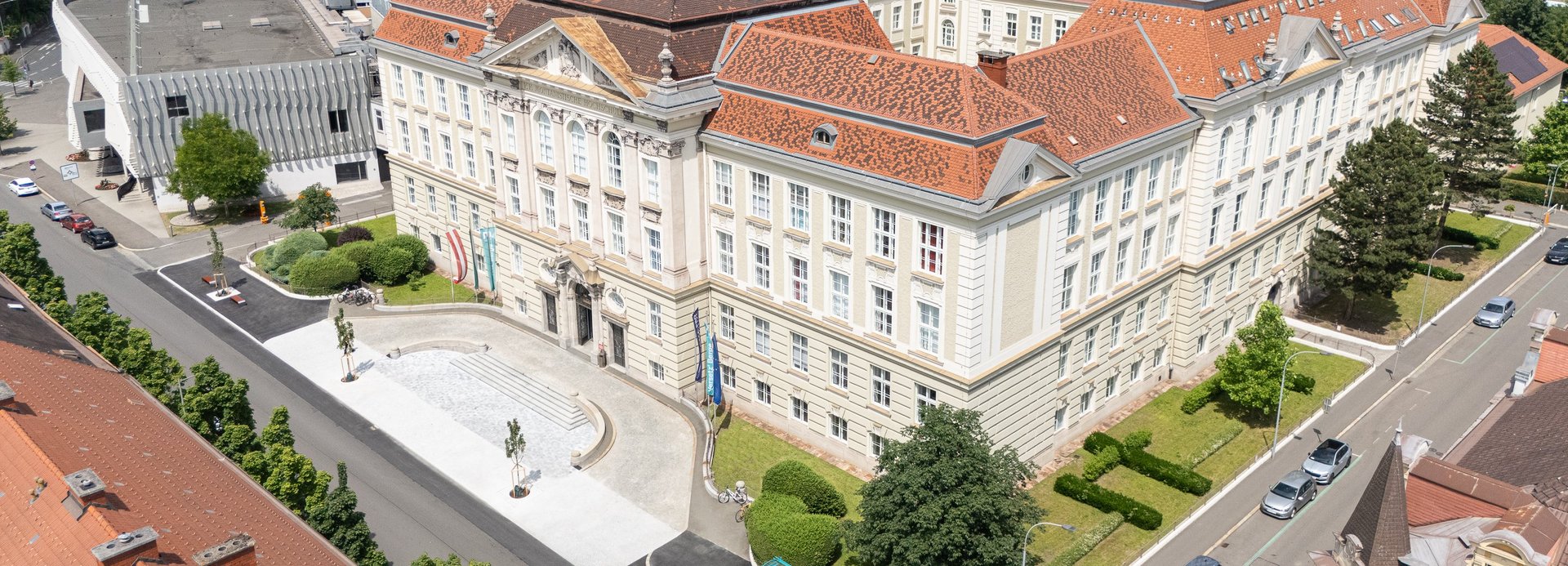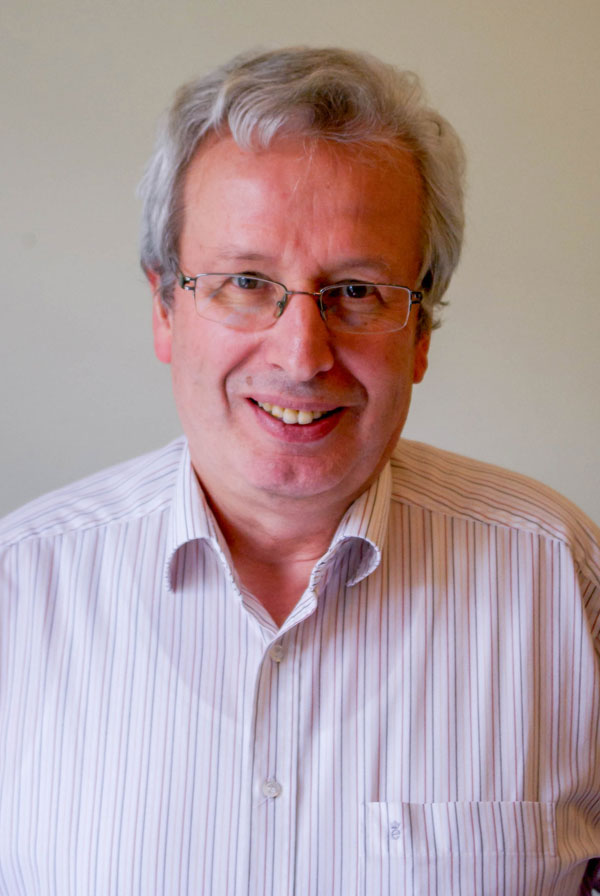It is with deep sadness that we announce the passing of Klaus Peter Jochum, an influential and accomplished geochemist, a steadfast supporter of the International Association of Geoanalysts (IAG), and a dear friend.
Klaus Peter began his scientific career as a physicist under the supervision of Professor Heinrich Hintenberger at the Max Planck Institute für Chemie in Mainz, Germany. He completed his PhD in 1973 under the intellectual guidance of another prominent Austrian scientist, Professor Heinrich Mattauch (Jochum 1973). From these pioneers in mass spectrometry, he not only gained extensive knowledge, but also applied it in innovative ways. His deep understanding of physics enabled him to develop state-of-the-art mass spectrometers, including the Spark Source Mass Spectrometer (SSMS) with "reversed Mattauch-Herzog geometry" combined with multi-collector ion detection (Jochum et al. 1994).
Dr. Heinrich Wänke's group at the Max Planck Institute was among the first to analyse Apollo 11 moon rocks in 1969. At that time, neutron activation analysis was the state of the art. However, as a PhD student, Klaus Peter Jochum was also allowed to analyse part of the 106 g of lunar rock provided by NASA using SSMS – a task in which he took great pride.
In 1980, Dr Jochum introduced SSMS to the newly formed Department of Geochemistry, focusing on its applications in mantle rock and oceanic basalt geochemistry. Under the leadership of Albrecht ('Al') W. Hofmann, SSMS data played a crucial role in advancing the understanding of trace element chemistry, leading to seminal publications (e.g., Hofmann et al. 1986). His contribution was essential to the recognition of “canonical” trace element ratios in global oceanic basalts, which remain approximately constant over three orders of magnitude of their absolute concentrations (Jochum et al. 1983)
Recognising the potential of LA-ICP-MS (laser ablation-inductively coupled plasma-mass spectrometry) early on, he was instrumental in establishing this method at the Max Planck Institute für Chemie in late 2001, making a major contribution to analytical geochemistry.
Klaus Peter Jochum was a great supporter of Geostandards and Geoanalytical Research (GGR), having been appointed as one of its "Regional Editors" for the 1997 re-launch of the journal, and subsequently became an active Editorial Board member, remaining in post for the rest of his career. He published his first paper in the journal ('Geostandards Newsletter' as it then was) in 1990 (Jochum et al. 1990), and was subsequently involved in over 50 articles as either first author or co-author. It is no exaggeration to say that Klaus Peter's highly topical and highly cited research papers (an aggregate of well over 5300 citations) achieved significant international impact, playing a pivotal role in the success of the journal. His legacy also includes the creation, in 2005, and long-term curation of the GeoReM database (Jochum et al. 2005), an invaluable resource for geologists, geochemists, mineralogists and geochronologists.
As a physicist with a strong commitment to metrology, Dr Jochum recognised early on the importance of well-characterised reference materials. He led the development of critical high quality reference materials such as the MPI-DING glasses and implemented reference material certification concepts for microanalytical and geological reference materials according to ISO Guide 35. His indispensable studies on these topics in GGR (Jochum et al. 2011, 2016) have accumulated over 1900 citations.
In his later years, he increasingly focused on biogeochemistry, using LA-ICP-MS to explore new applications and develop reference materials tailored to these matrices. Through collaboration with the renowned German biochemist Professor Werner E.G. Müller, he strengthened scientific links with China, particularly in marine geochemistry. He recognised the potential of deep-sea sponges as archives of the distribution of trace elements in seawater over time. His most renowned work in this field involved Monorhaphis chuni, a sponge known for its unique biosilica formation (Jochum et al. 2012). Even after his offical retirement, his passion for advancing analytical palaeoclimate research remained strong.
Dr. Jochum maintained strong links with Chinese geochemists and visited China several times, fostering valuable scientific exchanges in LA-ICP-MS and palaeoclimate research.
In recognition of his exceptional contributions, he was awarded an Honorary Fellowship by the IAG in September 2021, a testament to his profound impact on the scientific community.
His tireless dedication to science and his extraordinary team at the Max Planck Institute exemplified his lifelong commitment to excellence. Klaus Peter Jochum was not only an exceptional scientist, but also a kind and generous human being. His passion for science, his warmth and his mentorship inspired many. He will be deeply missed.
The results of his research are published in over 300 highly cited publications. His legacy will live on in the geochemical community and beyond. We are immensely grateful for his invaluable contributions and remain inspired by his life's work, kindness and humanity.

